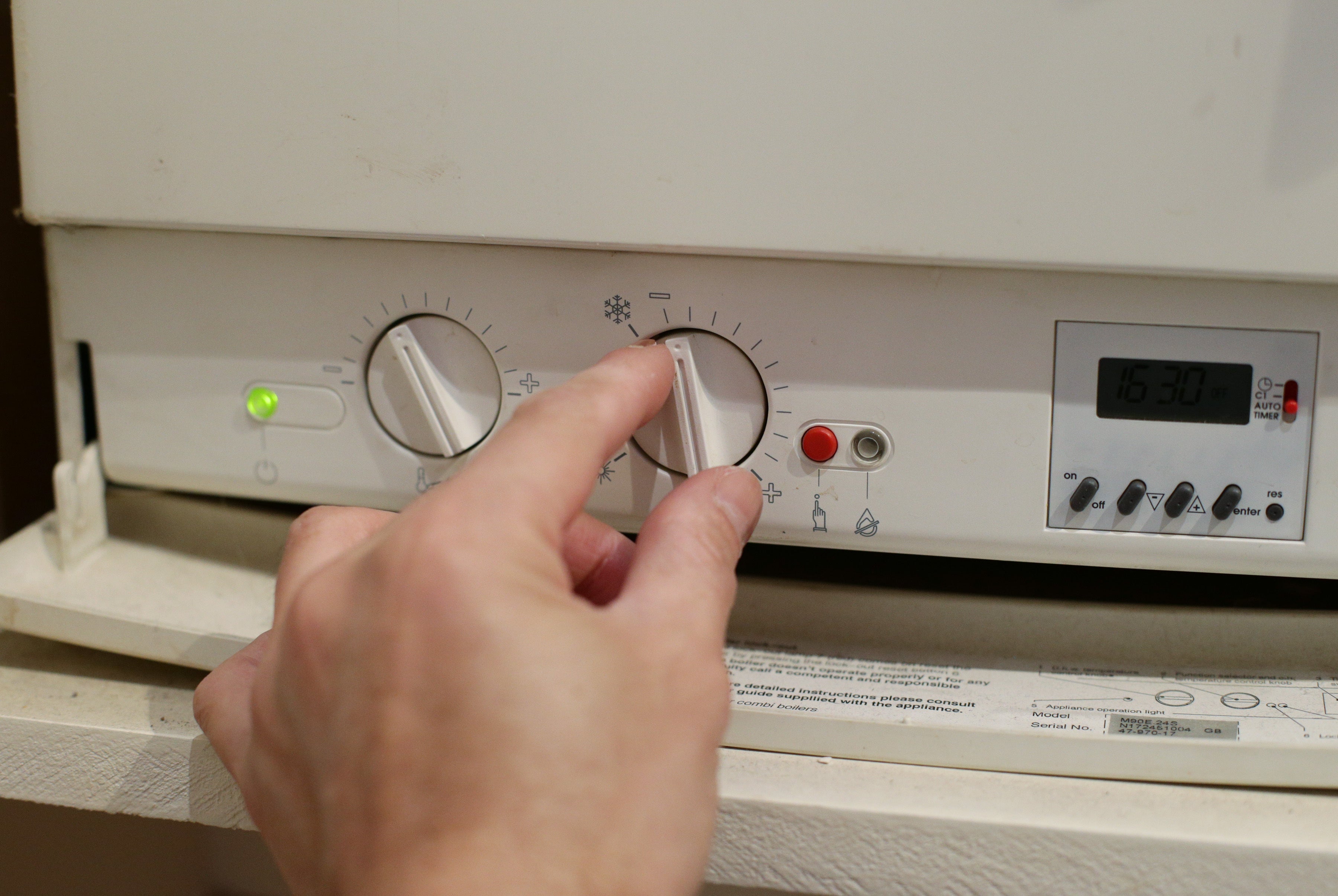Ofgem backs green innovation with new fund, as efforts to improve UK housing stall
Fresh technology can help, but it doesn’t answer the question holding green efforts: who’s going to pay for it? Writes Anna Isaac


Everyone’s worried about the cost of cutting carbon dioxide emissions to reach net zero. A host of bets are being placed on innovation rather than determining who, exactly, will foot the bill.
Ofgem, the energy regulator, is the latest body to throw funds at trying to innovate some of the way to the UK’s climate goals. One Tuesday it announced it was offering £450m to help fund “big, bold and ambitious” ideas that could help the UK’s carbon cutting aims become a reality.
Ofgem will target the money at solutions to four major challenges: heat, transport, data and digitalisation, and “whole system integration”. System integration is the effort to better tackle monitoring and wastage of energy as it travels through the energy network to homes and businesses.
The fund will be available for the next five years, but could be extended in the right circumstances, Ofgem said.
Jonathan Brearley, chief executive of Ofgem, said: “What we need, more than ever, to reduce greenhouse gas emissions and reach net zero is innovation.
“The Strategic Innovation Fund means cutting-edge ideas and new technologies become a reality, helping us find greener ways to travel, and to heat and power Britain at low cost.”
Yet while innovation remains a key part of building an effective net zero strategy, to cut emissions entirely by 2050, there are other difficult choices for the energy industry to make within the bounds of existing technology. These include basic steps such as better insulation.
Poorly insulated homes account for some 14 per cent of the UK’s carbon emissions, according to figures from the Committee on Climate Change produced in 2019. Greater levels of home working, because of pandemic restrictions has added the amount of carbon created by using energy at home.
A new Heat and Building Strategy is due to be published next month, with the Telegraph reporting last week that it will likely demand that boiler manufacturers to speed up production of electric heat pumps. Even if Kwasi Kwarteng, business and energy minister admitted in an interview with the same paper that the pumps were less good than traditional boilers at present.
Ofgem’s innovation fund, and the new strategy are set to land amid enhanced scrutiny of the UK’s energy saving efforts ahead of the COP26 climate conference.
It also follows a series of failed government-linked efforts to encourage households to install energy saving home improvements to upgrade the climate profile of British housing stock. The most recent example is the scrapping of the government’s flagship Green Home Grants Scheme, at £1.5bn programme, which was meant to offer households grants of £5,000 or £10,000 to install insulation or low-carbon heating after just six months.
Cutting the scheme again leaves households, other than the very poorest, with little or no government support for installing energy saving home improvements. This kind of installations can have significant upfront costs, even if they save money over time with lower energy bills.
The CCC said in its June assessment of government efforts that heat pumps were installed in 5 per cent of new homes in 2020, far behind the 20 per cent level required by this year according to its calculations. Meanwhile installations of loft and solid wall insulation “are only a third of the rate needed by 2021” it said.
It also hit out at suggestions by the government that technology, rather than behaviour change and investment, could fix the problem of cutting the UK’s carbon emissions.
MPs on the Environmental Audit Committee also criticised the government’s approach to the “colossal task” of improving homes’ energy efficiency in March this year: “There is a chronic shortage of skills in the home retrofit sector. The industry has been bruised by stop-start policy and spending decisions and the Government must set longterm targets, with appropriate support mechanisms of multi-year duration, to give businesses certainty and not change the goalposts along the way.”
So, while Ofgem’s fund shows lofty ambitions, like a range of efforts that rely on innovation, it risks masking the problem of who will pay for energy efficiency overall. According to energy minister, Lord Callanan, the announcement of Ofgem’s fund is a sign of how innovation can help keep energy affordable: “The UK is leading the world in decarbonising our energy system, with our innovators playing a vital role in going further while ensuring consumers receive clean and affordable energy.”
He added: “The Strategic Innovation Fund will ensure the best projects and most talented minds have the grants available to reduce carbon emissions and enable bill payers to see the benefits of building back greener.”
Still, while the fund could stimulate bright ideas, and upgrading energy infrastructure from plant to plug is critical, someone will also need to pay for fresh technology to become a reality at scale. A clever idea on how to make it easier to install heat pumps in homes will still require the heat pump to be installed.
It is hard to see how that avoids some greater expense for either the taxpayer, via the Treasury, or the consumer, via their energy bill. There are also existing technologies that can be implemented now, were the question of ‘who’s paying for going green’ to be answered immediately.
Join our commenting forum
Join thought-provoking conversations, follow other Independent readers and see their replies
Comments
Bookmark popover
Removed from bookmarks